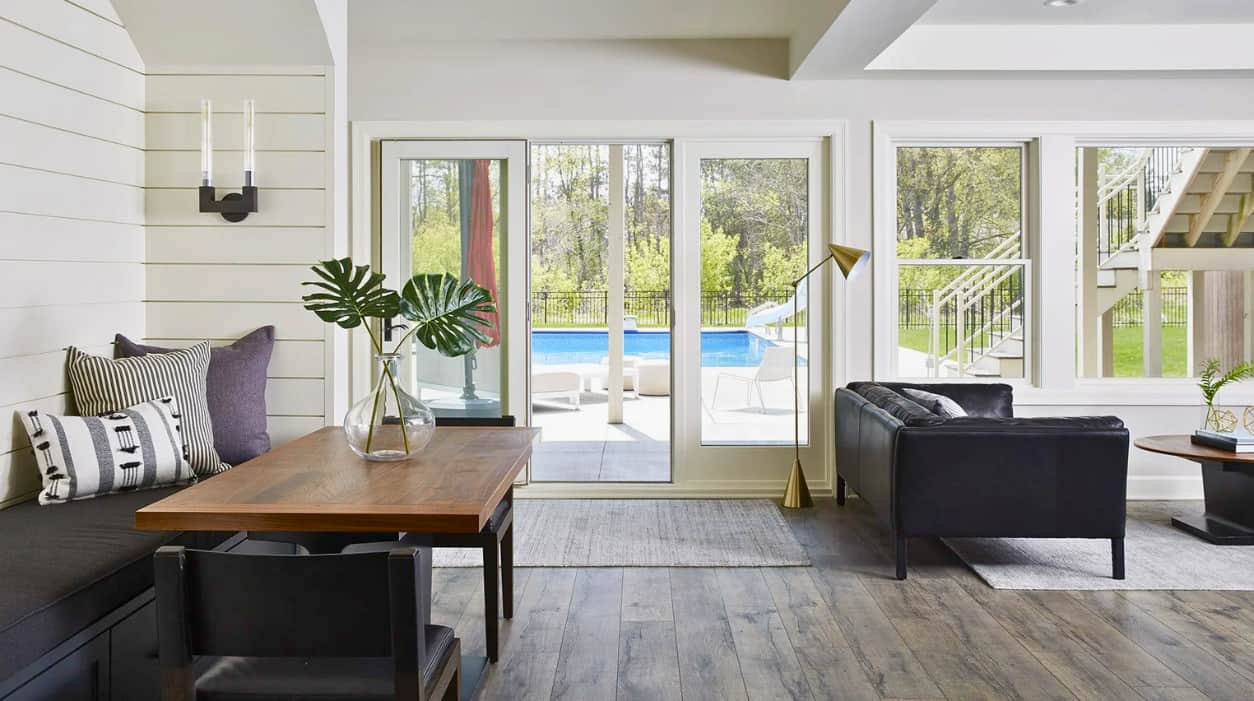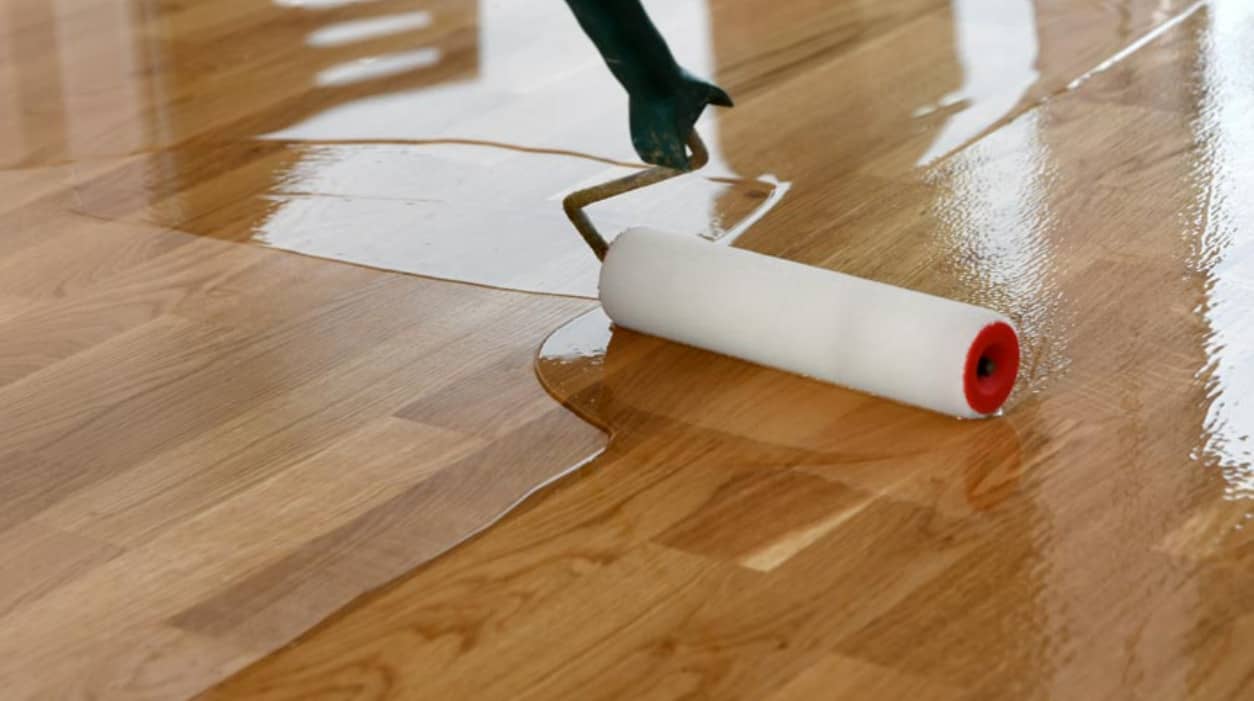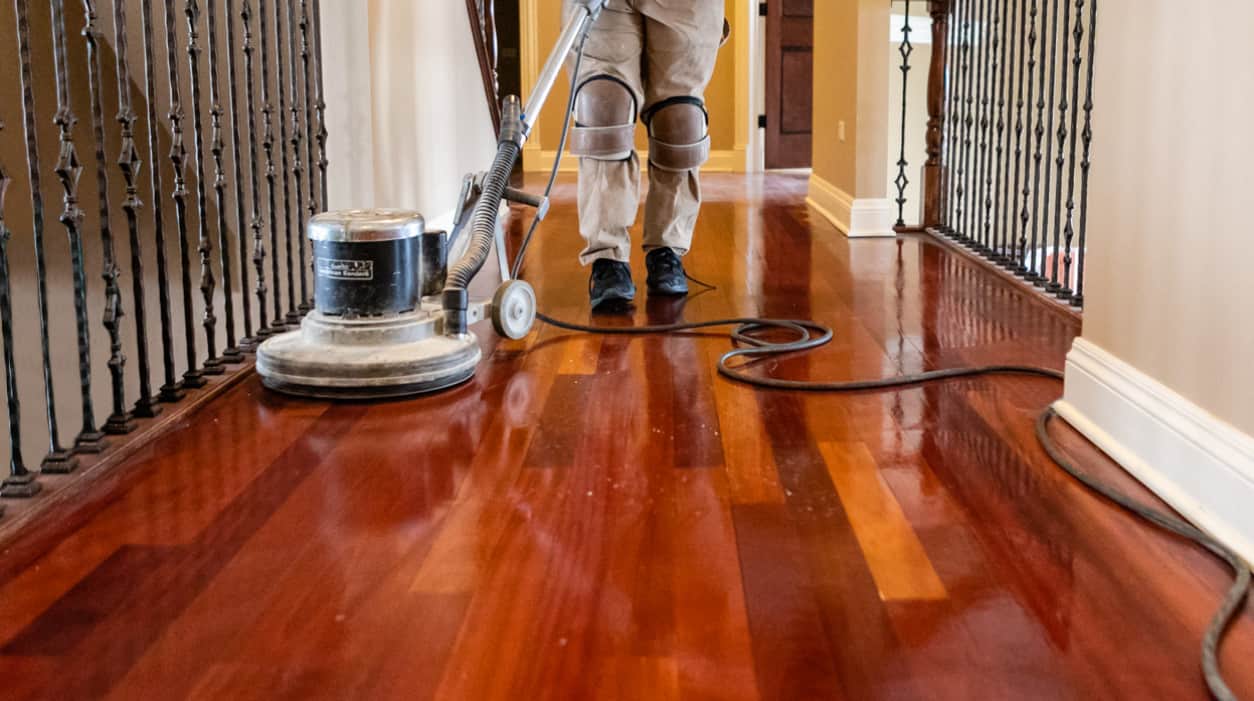When you think of hardwood floor maintenance, you might envision household chores like sweeping and mopping. However, hardwood floors require more than an occasion once-over with specially formulated cleaners and cleaning tools. When professionals buff and recoat hardwood floors, they can prolong the material’s life span and improve the surface’s appearance.
Authentic Hardwood Floors specializes in providing Atlanta property owners with quality hardwood buff and recoat services. We outline the importance of maintenance services and guide you on how often to schedule them below.
Why Professionals Should Buff and Recoat Hardwood Floors
Even the best hardwood materials on the market need some tender love and care once in a while. Buffing and recoating add a protective layer of finish that keeps the planks sealed and deflects spills that could erode the surface. However, hardwood floor buff and recoat projects require more time and effort than most homeowners realize.
When a hardwood flooring technician buffs your floor, they use a machine that resembles a circular vacuum cleaner. This machine features a sanding screen. The technician guides the buffer across the floor for a light sanding that generates a smooth, fresh gleam.
Then, the flooring technician applies a recoating formula to prevent etching, scratching, and scuffing. Although the recoat isn’t necessary, professional hardwood flooring companies recommend it to ensure your floor looks shiny and new for years. Otherwise, constant traffic will cause permanent damage to the floor’s surface.
When To Buff and Recoat Your Hardwood Floors
You should buff and recoat hardwood floors when you notice an increasing number of unsightly marks across the surface. The average service frequency for a screen and recoat is between three and five years. However, your hardwood floor’s mileage may vary depending on various factors.
How Often Should You Buff and Recoat Your Floors?
A hardwood flooring technician can recommend an ideal service frequency based on your lifestyle, the area’s location, and the number of household occupants. The influences detailed below heavily factor into whether you should stick to the average frequency or go above or below it. See if any of the following apply to your home.
Children and Pets
Dogs and cats don’t pay much attention to their impact on your furniture and floors. Even well-trained dogs have hard, protruding claws that dig into the floor’s surface. If you share your home with multiple active pets, you should schedule buffing and recoating services more frequently.
Similarly, small children can be destructive as they learn and grow. They may drop heavy items or drag hard toys across the hardwood floor. You should contact your trusted hardwood flooring service every two to three years to schedule maintenance services.
Lifestyle Habits
How often do you sweep and mop your floor? Household cleaning habits can impact professional service frequency. Tiny dirt particles can create small etches that become more noticeable over time.
Many hardwood flooring professionals also recommend taking your shoes off upon entering your home. This small inconvenience improves indoor air quality and prevents outdoor grime from tracking across your beautiful hardwood floors.
Area Traffic
A high-traffic area, like the kitchen, bathroom, or living room, sees more daily action than a closet or spare bedroom. Frequently used hardwood floors incur more damage than surfaces hidden away from constant use.
Visual Preferences
Are you fairly lax about certain aspects of your home’s appearance? Or do you run a tight ship and expect each room to look its best? You’ll appreciate the clean, shiny finish if you fall into the latter category.
Choose Authentic Hardwood Flooring for Your Hardwood Floor Buff and Recoat Services
Authentic Hardwood Flooring can assist you with everything from installation to maintenance. Our technicians can buff and recoat hardwood floors with industry-leading equipment and products. Contact us to determine whether you need hardwood floor maintenance sooner than later.




